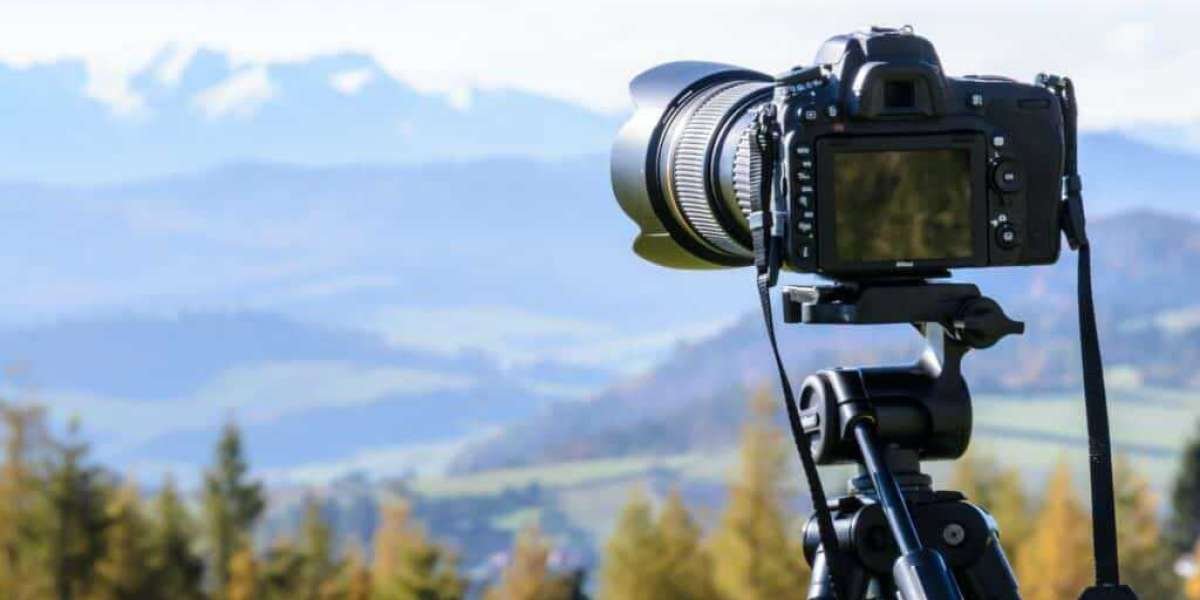Introduction
Photography, the art of capturing moments and creating visual narratives, has evolved significantly since its inception. In today's fast-paced world, it plays a crucial role in communication, self-expression, and documenting the world around us.
History of Photography
The journey of photography began with the invention of the camera, progressing through various techniques and technologies. From the earliest black and white images to the vibrant digital photographs of today, photography has come a long way.
Types of Photography
Photography encompasses various genres, each with its unique characteristics and challenges. Portrait photography focuses on capturing the essence of individuals, while landscape and wildlife photography explore the beauty of the natural world. Street photography, on the other hand, captures unscripted moments in public spaces.
Essential Photography Equipment
To embark on a photographic journey, one needs the right equipment. Cameras, lenses, tripods, and lighting equipment form the core arsenal of any photographer.
Composition in Photography
Mastering composition is a key aspect of photography. The rule of thirds, leading lines, framing, and depth of field are essential concepts that contribute to visually appealing and well-balanced photographs.
Photography Editing Software
Post-processing is an integral part of modern photography. Adobe Lightroom, Photoshop, and other editing tools allow photographers to enhance their images creatively.
Tips for Beginner Photographers
For aspiring photographers, mastering the basics, consistent practice, learning from others, and experimenting with different styles are essential steps toward improvement.
Challenges in Photography
Photography comes with its share of challenges, both technical and creative. Overcoming these challenges is part of the learning curve for any photographer.
Impact of Technology on Photography
The digital revolution has transformed photography, making it more accessible to a wider audience. Smartphone photography has become a ubiquitous means of capturing everyday moments.
Photography as a Career
The realm of professional photography offers diverse opportunities, from portrait studios to commercial assignments. Building a strong portfolio is crucial for those aspiring to turn their passion into a career.
Social Media and Photography
Social media platforms like Instagram have become powerful tools for photographers to showcase their work and connect with a global audience. Trends in photography are often influenced by the evolving landscape of social media.
Future Trends in Photography
Artificial intelligence is making its mark in photography, with advancements in image recognition and enhancement. Virtual reality is also emerging as a new frontier, providing immersive photographic experiences.
Importance of Photography in Marketing
Visual appeal is paramount in advertising and e-commerce. High-quality photographs play a significant role in grabbing the audience's attention and conveying the desired message effectively.
Photography Ethics
As photographers, ethical considerations are crucial. Respecting privacy, obtaining consent, and maintaining transparency in photo manipulation are essential aspects of ethical photography.
Conclusion
Photography, in its myriad forms, continues to be a powerful means of storytelling and self-expression. As technology evolves, so does the art of capturing moments. Whether pursuing photography as a hobby or a profession, the journey is as important as the final image.
FAQs
Q1: Can I become a photographer without formal education? Yes, many successful photographers are self-taught. Practice, experimentation, and continuous learning are key.
Q2: What camera should a beginner photographer start with? For beginners, a DSLR or mirrorless camera with basic features is a good starting point.
Q3: How can I improve my composition skills in photography? Study composition techniques, practice regularly, and analyze the work of experienced photographers.
Q4: Is smartphone photography as good as traditional camera photography? While smartphones have advanced camera technology, traditional cameras still offer superior control and image quality in certain situations.
Q5: How can I protect my photos from unauthorized use on social media? Watermarking your images and adjusting privacy settings can help protect your photos online.








